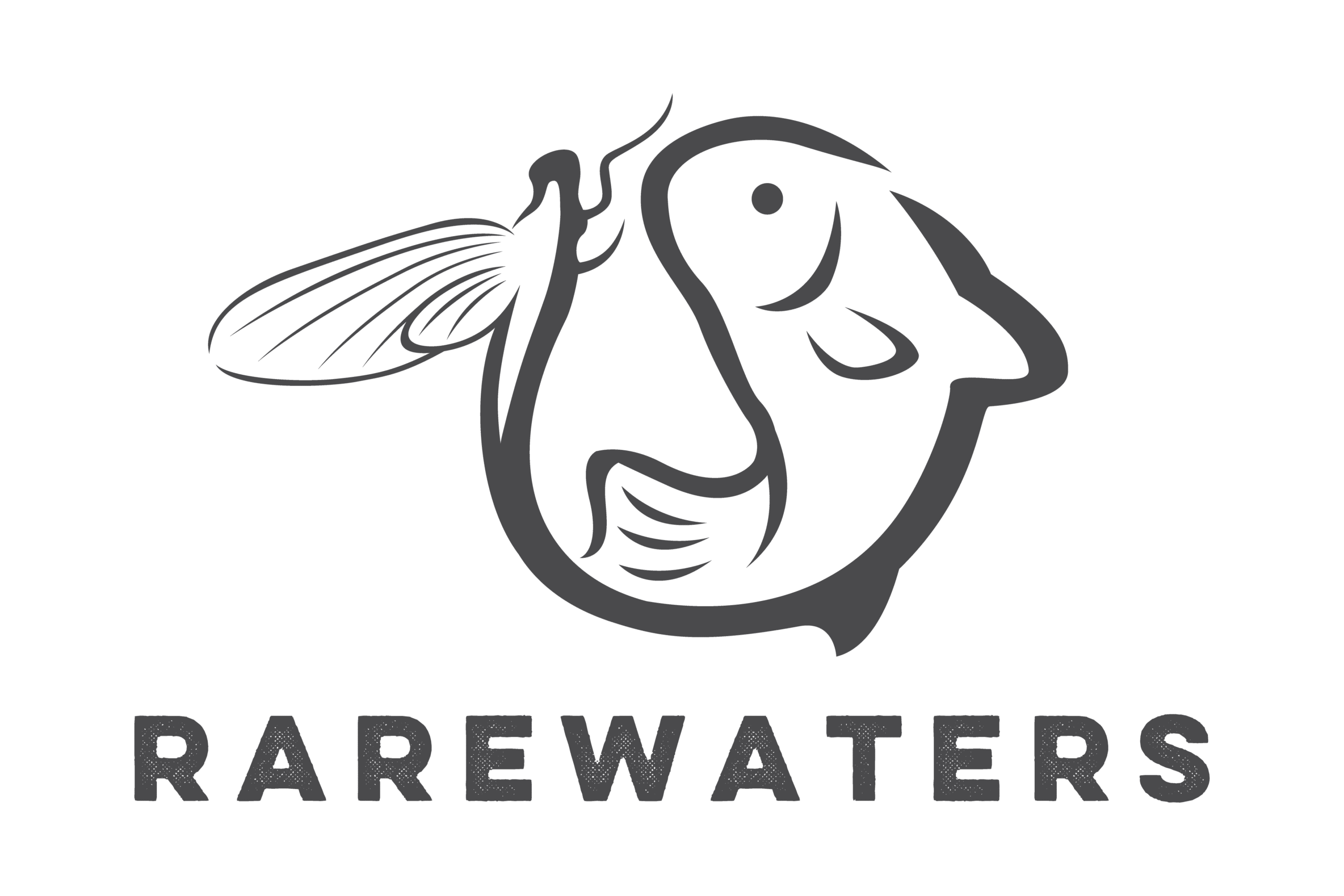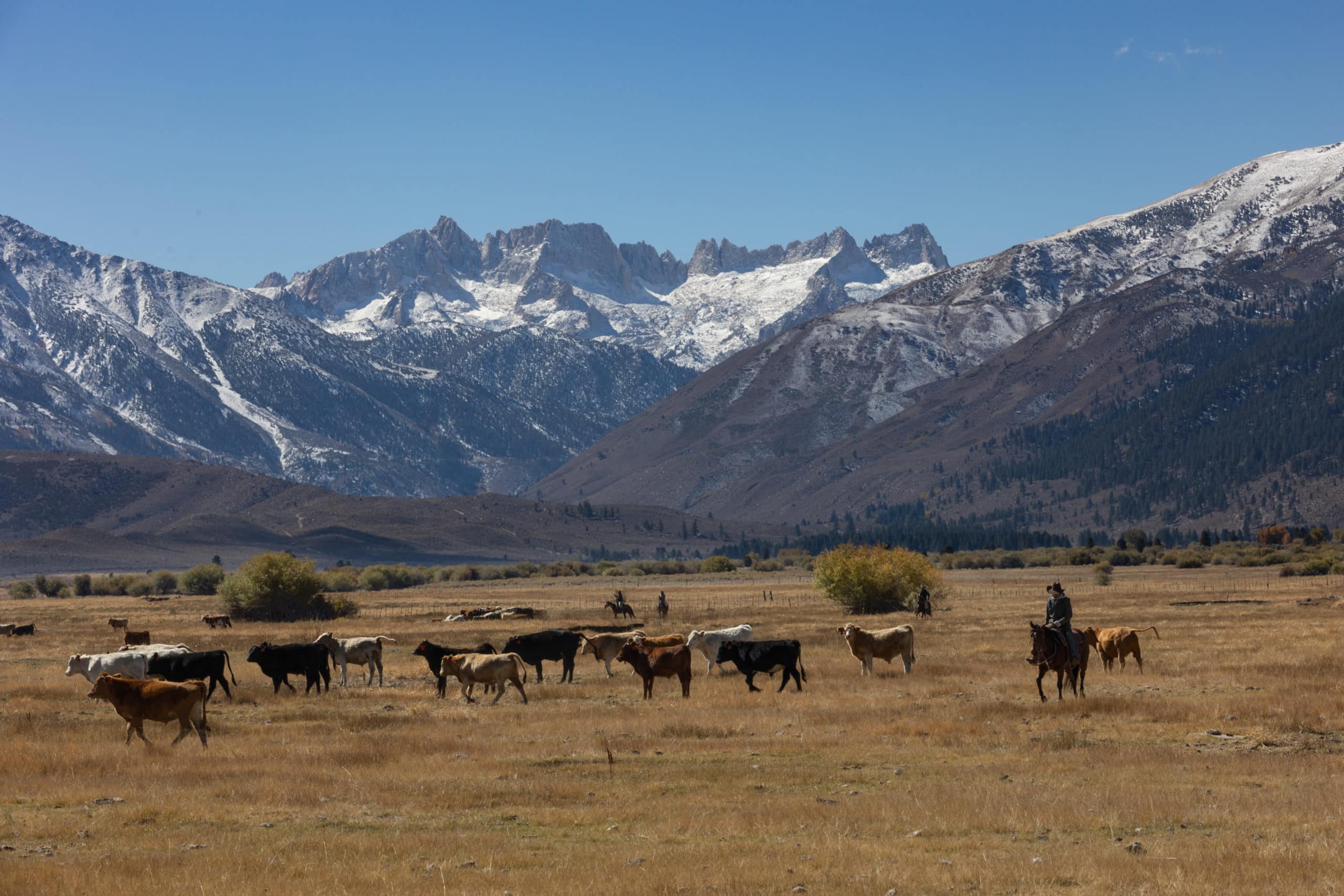A Landowner's Mission
To be a landowner means more than holding a deed or a title. It is to be a steward of the land, an advocate of its best use, and a shoulder to bear the burden of its generational inheritance. As the world around us changes, so should the direction of our efforts to work with the land.
For some individuals, land ownership can carry a lesser significance, viewed as a liability or low-yield passive investment. For other people, land ownership can mean salvation and freedom. In either case, it is in the eyes of the steward to decide what the land will become or remain.
The Responsibility of Sustainable Stewardship
Outside of human influence, all land has innate qualities. Some are more diverse in resources than others. It is a steward’s primary responsibility to preserve, improve, or exploit any or all resources available. To that point, it is in the eyes of the steward that these options will be weighed as a subjective judgment — one that hopefully takes into account the symbiotic nature of living with the land.
The longevity of both the steward and the land depend upon sustainable prosperity, not sustained exploitation. Entering into a parasitic relationship with the land will eventually deplete the resources of both the steward and the land irreparably.
Moving through time and experiencing unexpected changes to the world — and yourself — is par for the course. In the interest of remaining symbiotic in our relationship with the land, our management strategies may also have to shift as a result.
Opportunities that were impossible in years past may have come into the realm of the attainable. In some instances, agriculture could give way to hospitality. If that shift can better perpetuate the longevity of the steward and the land, while decreasing negative impacts on both, then a change is needed.
Planning for Generational Land Ownership
As you begin planning generationally, and with the intention of passing on your prosperity, a transition will inevitably be necessary. So, if there will eventually be a changing of the guard, why not continue to evolve yourself and your property fluidly, without generational boundaries?
My father was a successful racehorse breeder — until he wasn’t. Times had changed, but his traditional methodology had not. Success eventually gave way to frustration, and finally closure. After that, he never moved forward on another profit-seeking venture again.
Why do I say this? It is meant to be an example of a non-fluid way of thinking — a pride in tradition. A mindset that eventually bordered on parasitic. His circumstances had changed, and instead of seeking out another symbiotic model, he abandoned the land.
Parasites crawled into his role and used the property for their exclusive gain. Over the next few decades, the land fell into disrepair and was consumed by trash and negativity. When I turned 20, I came home and made it my mission to improve our situation and establish sustainable businesses for our family.
The Symbiotic Relationship Between Land and Steward
In closing, I do not feel that land ownership is stewardship — one is a mindset that must be deliberately cultivated, and the other can be bought. Choosing the best path for the land, and for those who live on it as they relate to each other, is what makes a steward.
How someone treats their home is a reflection of how they treat themselves and others. Creating a beautiful and positive environment to share with others is the greatest form of self-love, and a standard I endeavor to live up to. While the world and our plans may change, the ideal of respectful stewardship will not.







